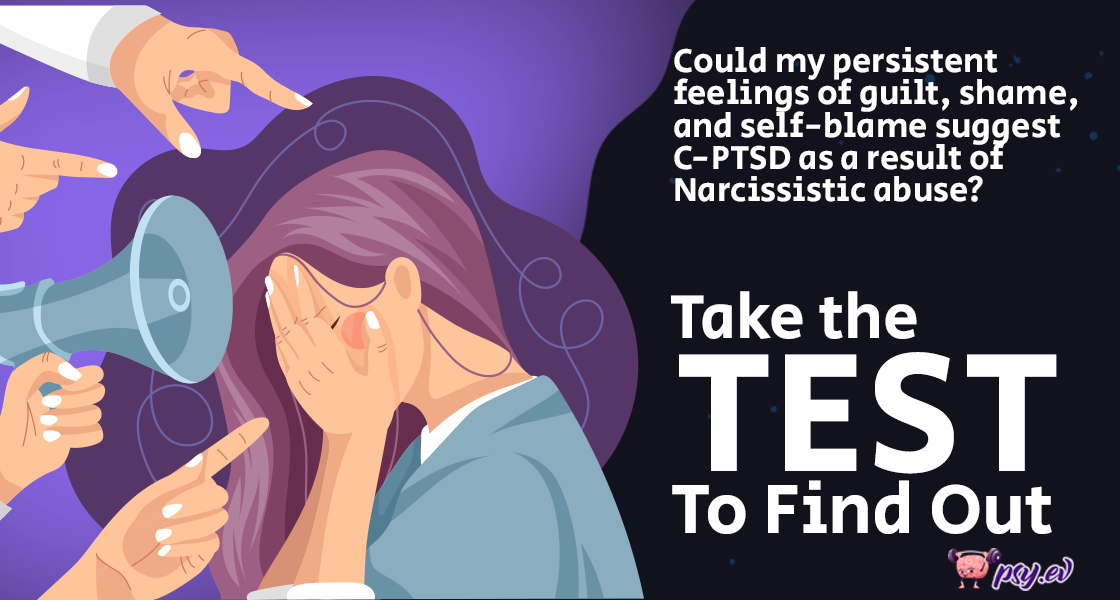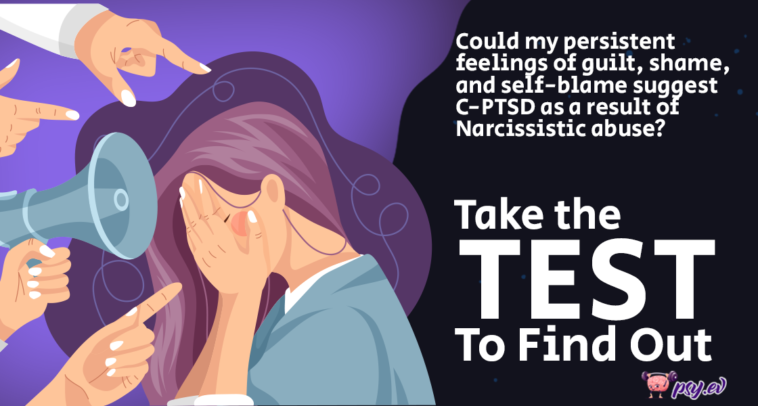The complex trauma test is used to diagnose complex PTSD and can also assist in figuring out whether your symptoms coexist with another mental health issue. Anyone who believes they could be suffering from complex PTSD symptoms can fill out this quick complex PTSD test online to begin diagnosis. However, this is not a diagnostic tool, and professional intervention is advised.
It's normal to be unsure about where to start. Your doctor can direct you to reliable local resources. You can contact a mental health professional and submit the complex PTSD quiz result for a detailed analysis. You can use the information below to decide whether your symptoms require extra assistance and expert support. A mental health specialist may also determine whether your problems could be PTSD symptoms and suggest therapy.
Complex PTSD Explained
Complex PTSD is recognized as a chronic and severe form of PTSD. Children or adults may have chronic trauma with complicated PTSD symptoms, which can affect their relationships and behavior.
Complex PTSD can manifest as physical health issues, including exhaustion and persistent discomfort. Take the free C PTSD symptoms test to assess the symptoms you are experiencing.
Complex PTSD symptoms typically remain longer, interfere with your regular activities, and harm your general quality of life. The symptoms typically display three months after the traumatic experience.
Signs of complex PTSD include experiencing flashbacks or nightmares, avoiding certain circumstances, changes in your self-perception and feelings about others, hyperarousal, a lack of emotional control, and a negative view of oneself.
On the other hand, complex PTSD can be caused due to natural catastrophe activity, severe medical traumatic events, loss of a loved one, physical or sexual abuse, accidents, and any traumatic incident that makes you feel fearful, shocked, horrified, or helpless.
What’s Next?
Complex PTSD is identified in people with chronic or recurrent trauma. Complex PTSD therapy is the safest treatment option. Acquiring the skills necessary to manage the disorder's symptoms along the road is crucial.
The first step towards healing is talking with someone in similar circumstances about your experience. You can consider joining a support group if beginning therapy seems overwhelming.
Several complex PTSD therapy methods can lessen your symptoms and improve your ability to manage them. One of the most commonly used therapy is cognitive behavior therapy (CBT).
Cognitive behavioral treatment can provide you the ability to recognize your negative thinking patterns and replace them with more wholesome, constructive ones. On the other hand, dialectical behavioral therapy, a form of CBT, aids in improving how you react to stress and helps forge stronger bonds with others.
Complex PTSD can result in stress, anxiety, and depressive symptoms. You may fight off emotions of discomfort by practicing mindfulness, which can help you become more conscious of what you are feeling. This exercise involves learning how to concentrate on the present.
Other methods include keeping a diary to assist with PTSD symptom management and reduce flashbacks, intrusive thoughts, and nightmares. A notebook can be a helpful tool for keeping track of symptoms during therapy that you can later share with your therapist.
It might be lonely to have a disorder like complex PTSD that is poorly understood. The National Centre for PTSD includes several services. A forum, fact sheets, and book suggestions are just a few online tools nonprofit organizations provide for individuals suffering from complex PTSD.


